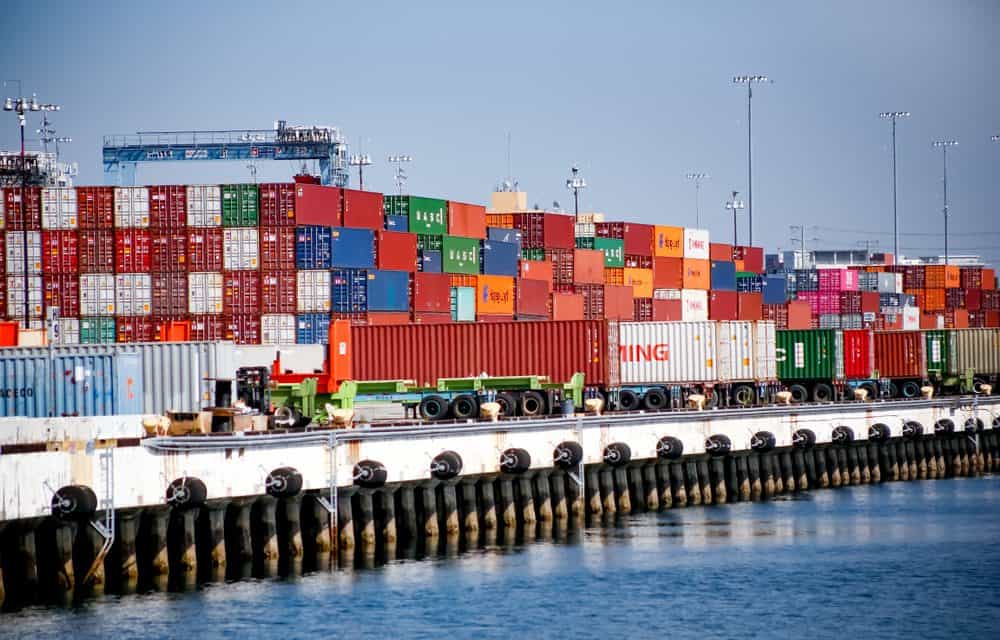We take a closer look at how industries have had to cope over the past fifteen months – and answer the question of where we’re going from here.
The past fifteen months have created a high on apocalyptic scenario: the world faced an unprecedented pandemic that practically brought commerce and industry throughout the globe to a screeching halt.
The ongoing trade war between the United States and China has done little to help the situation and, indeed, has caused a severe disruption to the global supply chain.
Among the key factors impacting this critical industrial issue are the following: the shortage of both labor and goods, which impacted importers; significant shipping delays due to severe restrictions on international travel; increased international tariffs on key products or materials; as well as the lack of shipping containers available.
If there is anything that the pandemic has taught all of us – business people and laymen alike – it is that the current paradigms governing international trade have not prepared us for disruption on such an enormous scale.
As some countries start to reopen, there is a need to manage the backlog that these critical disruptions have left behind. But, at the same time, companies need to review each link in the import supply chain seriously. The prospect of such a review may seem daunting at first, but it is necessary if we are to have more resilient and crisis-ready businesses in the foreseeable future.
Rethink Your Contracts
The pandemic heightened awareness that most supply contracts do not have a comprehensive force majeure clause, specifically concerning cataclysmic events such as epidemics and how these would affect various links in the supply chain. As businesses reopen and begin to transact once more, legal departments need to go over past and ongoing contracts to see where these can be updated or modified.
Key issues in this context include extended payment timelines, priority designation of available goods, confirmed pricing, as well as factors concerning cancellation. These need to be recalibrated to provide companies with the most realistic and practical solutions in the event of another labor or merchandise shortage.
Consider Your Contracts Level by Level
While force majeure clauses are vital, companies should not consider them the be-all and end-all. Especially for North American companies, there is a need to address issues like the apportioning of tariffs and how to secure the necessary certifications and disclosures a company needs in light of heightened customs enforcement against forced labor.
Seriously: if the vendors or suppliers in your chain refuse to comply with a call for transparency in your dealings with them, perhaps it’s time for corrective measures to prevent any disruptions to your supply chain.
Get Your CTPAT Certification
Finally, we recommend that importers get certified under the Customs Trade Partnership Against Terrorists (CTPAT.) CTPAT is a voluntary program under Customs and Border Protection that allows importers to work with the relevant authorities in order to implement stricter security measures for their supply chain.
A CTPAT certification allows companies to enjoy a more straightforward process when bringing goods into the country in a crisis and non-critical situations.
As clichéd as it sounds, the pandemic has proven to us that there is no turning back to the way things were before, especially in global business.
The best thing to do is to rethink and reconsider our work processes, make our companies crisis-proof, and ensure continuity when importing and exporting key commodities throughout the globe.














